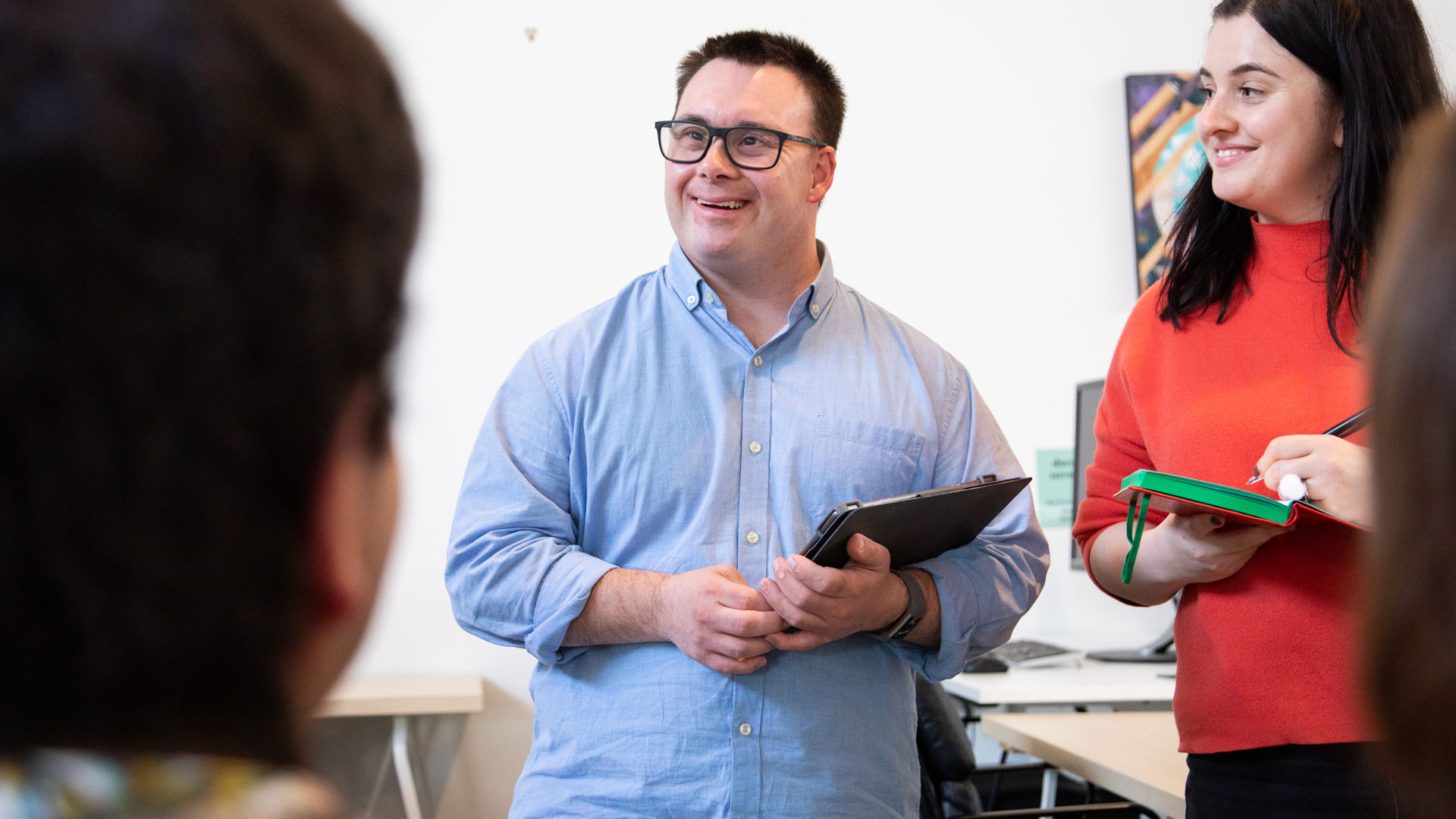Careers advice
What experience should you include on your CV (with templates)
Here’s what to include, and what to cut out.
Last updated: 13 March 2023
What you’ll learn:
How long should a CV be in New Zealand?
What experience should you include on your CV?
1. High school/university student or graduate
There are plenty of relevant things to put on your CV, even if you've never had a job before.
2. Early career stage professionals
Once you've got a few jobs under your belt, the emphasis on your CV will shift towards employment experience.
3. Mid - advanced career stage professionals
Author
Other articles you might like






